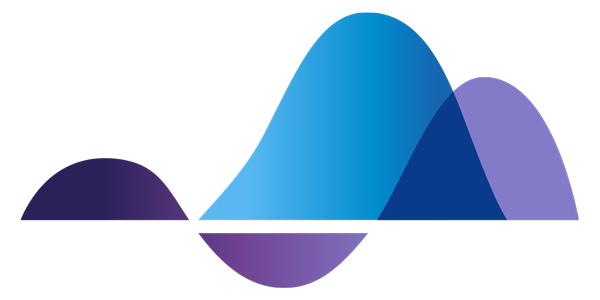Music4Change aims to make sustainability a core element in music research and education. The first of three annual International Research Schools will explore how equality, equity, and social justice are the foundation of sustainable cities and communities, and the ways musical systems and institutions must evolve to achieve such goals.
Reducing inequalities is the foundation of a stable and sustainable society. The dominant narrative that music is a positive force capable of bringing people together, improving health and well-being, and creating social cohesion exists alongside the fact that music cultures continue to be shaped by historically dominant communities, institutions, and perspectives that exclude and marginalise a range of groups.
This course will explore such barriers by focusing on how identities shape opportunities and experiences of music at the intersections of ethnicity, gender, sexuality, socio-economic status, age, and (dis)ability. Focusing on critical approaches to participation and representation in the music sector, education and research, the work of feminist, anti-racist and LGTBQ+ activists, artists and scholars will be presented as a way of understanding past and present inequalities whilst imagining how we might build a more sustainable and equitable musical future.



